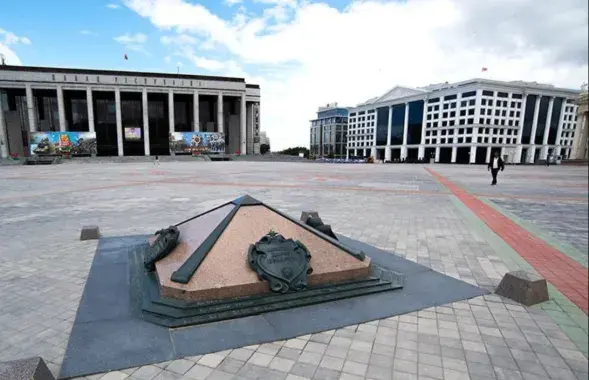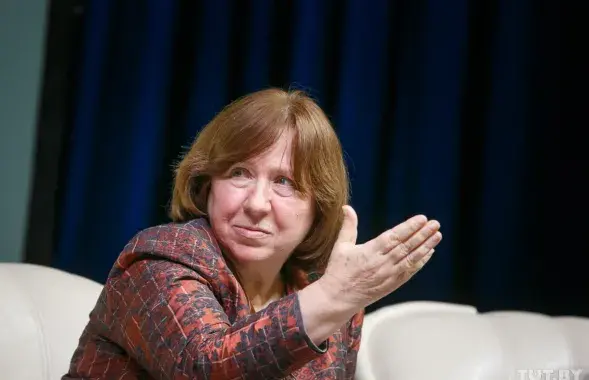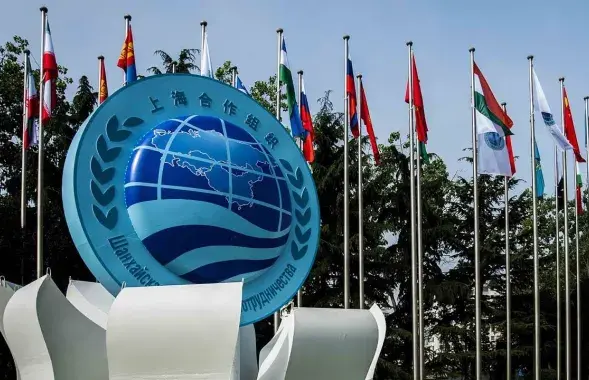Lonely Milinkevich
The Belarusian opposition will not have a single leader, according to the decision taken by local activists of the democratic movement at their regional conferences.
Vincuk Viachorka, the leader of the Party of the Belarusian Popular Front, explained this choice as follows:
“People were mainly obeying to the party discipline and orders”.
In his view, leader cannot be appointed; it should be self-made. The main task of the congress is to distribute priorities to the key democratic leaders that will be responsible for their implementation.
Vincuk Viachorka: “We will offer ourselves as the people that will be responsible for the policies we are the best at, e.g.: mass actions and campaigns, awareness-raising across the country.”
Sergei Kaliakin, the leader of the Belarusian Party of Communists and a long-time foe of the Popular Front, agrees with Viachorka.
“It will be very bad today if we try to create a super party which consists of different leaders with different views and different aspirations. It will be better if we create a union of different political currents that will be led by the people who enjoy authority in their parties.
It will add dynamics and give us the opportunity of avoiding a situation when part of the people that do not accept the mathematically elected leader steps aside,” Kaliakin told the European Radio for Belarus.
The leader of Communists refused to comment on the issue of portfolio sharing in the future coalition leadership of the democratic movement. But Anatol Liabedzka, who chairs the United Civil Party, stressed this moment in his interview.
Anatol Liabedzka: “There must be a leadership with the directions of activities personal responsibility clearly defined.”
He proposed that Alexander Milinkevich keeps representing the opposition at the international arena.
Anatol Liaukovich, the deputy chairman of the Belarusian Social Democratic Party “Hramada”, does not like the former single leader, either.
Anatol Liaukovich: “It is also easy for KGB to control one rigidly built structure”.
None of the politicians agreed in an interview with the European Radio for Belarus that there was fear to lose respect in the eyes of their party membership and attention from their foreign partners behind the desire to create a coalition leadership. But in the view of political commentator Uladzimir Matskevich, this is exactly the priority for them. He says that party leaders have already agreed on their future posts.
Uladzimir Matskevich: “The distribution of responsibilities and functions between the participants of a new coalition will be based on the resources that each of them control. Popular Front and the Communists are the ones that control their people efficiently. That’s why they will oversee mass actions and signature campaigns.
Moreover, if Kaliakin is the one to control cash coming from the Belarusian Diaspora in Russian or elsewhere, he will be the one to control planning. Money means little without planning of activities. Liabedzka is losing his influence just like Liaukovich who does not have any influence at all. That’s why international contacts will be given to Liabedzka.”
The commentator maintains that Milinkevich will not join the new coalition leadership. And it will be good for him, because the coalition will not last long, while this union will not add authority to the “single” leader, he says.
Mikalai Statkevich, the chairman of the organizing committee of the Belarusian Social Democratic Party “Narodnaja Hramada” and the coordinator of the European Coalition, also says that the leaders of pro-democracy parties have made many mistakes.
Mikalai Statkevich: “The united pro-democracy forces apparently do not have a real strategy to struggle for power. Instead, they use all their energy to fight between themselves.”
In his view, the major mistake is that they discuss the methods of ruling instead of focusing on the strategy.
Mikalai Statkevich: “We look at the proposed strategy as follows: to hide in a warm swamp and sit quietly there, waiting for the regime to come to the swamp and say: “I have evolved. Guys, come out, please. The round table has already been served. Let’s sit and talk how we are going to give up the power.”
Photo by photo.bymedia.net














